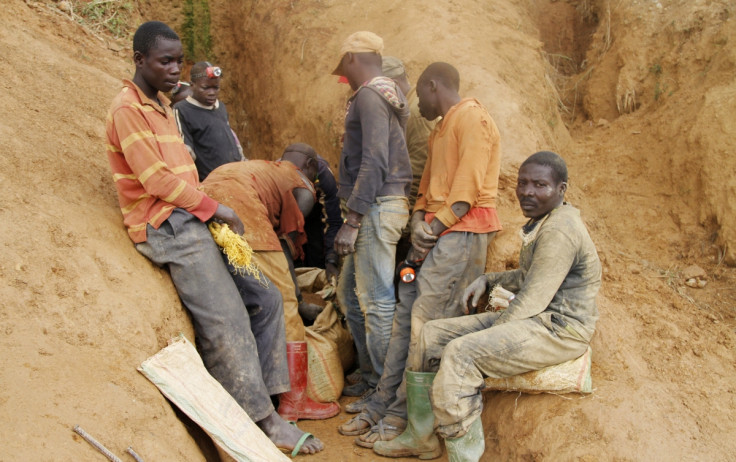Dodd-Frank Law has Limited Impact on Conflict Minerals Exploitation

A new law designed to prevent the spread of conflict minerals has impacted on some company's supply chains, according to campaigners, although most companies failed to meet a deadline for tracing the source of their minerals.
Two decades of conflict in eastern Democratic Republic of Congo (DRC) have been funded by the exploitation of natural resources, in particular "conflict minerals," which have been smuggled through Rwanda, Uganda and Burundi.
The term is used to describe raw materials, such as gold, tungsten, tantalum and tin, that are mined in areas where fighting or human rights abuses are taking place.
Part of the US Dodd-Frank financial reform law compelled American companies to attempt to establish the origins of the above metals, although a mere 5% of the firms that filed reports by the June 2 deadline had traced the conflict status of the minerals in their products, according to risk management company Source Intelligence.
Campaign groups seeking to halt the use of conflict minerals in the US said the new law has already made an impact but that most companies could do more.
"Overall we've been disappointed with the response of companies, and the lack of meaningful information on the supply chain checks and risk assessments they are doing, although a few of the reports have been strong," Global Witness campaigner Emily Norton said, as quoted by Reuters.
"The law has triggered companies right along the supply chain to change their sourcing practices," Norton added.
The impact of the new legislation is widely contested, as rebel groups' involvement in the trade can be difficult to track in the DRC.
Tin industry body ITRI has launched certification scheme in Congo's North Kivu after similar projects were launched in the copper-rich south-eastern provinces of Katanga and South Kivu.
"Dodd-Frank and the ensuing initiatives, including traceability and certification, have removed armed actors from the mines," Christoph Vogel, a Congo researcher at the University of Zurich, told Reuters.
"But now we hear that army commanders are sending intermediaries to organise taxation on the sites," Vogel said.
The remoteness of the region remains one of the biggest challenges for companies and campaigners attempting to weed out the use of conflict minerals.
© Copyright IBTimes 2025. All rights reserved.






















